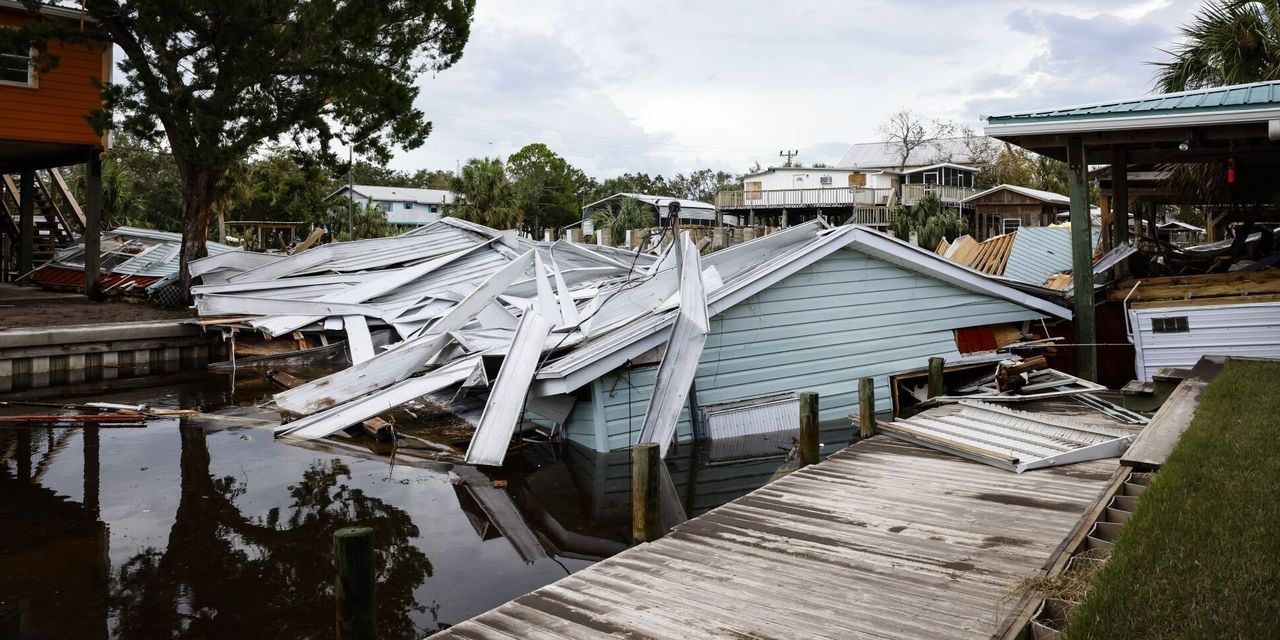Huge losses from national disasters prompt industry to jack up prices and pull back from some markets; ‘worst possible scenario’ for consumers
After Allstate suffered billions of dollars in losses and failed to get the rate increases it wanted, it resorted to the nuclear option.
The insurance giant threatened last fall to stop renewing auto insurance for customers in three states that hadn’t given in to its demands, which would have left those policyholders scrambling for coverage. The states blinked.
In December, New Jersey approved auto rate increases for Allstate averaging 17%, and New York, a 15% hike. Regulators in California are allowing Allstate to boost auto rates by 30%, but still haven’t decided on its request for a 40% increase in home-insurance rates after the insurer refused to write new policies.
For many Americans, getting insurance for both their cars and homes has gone from a routine, generally manageable expense to a do-or-die ordeal that can strain household budgets.



CA and FL are hit with some kind of major event what? annually? or pretty damn close to it?
can you blame them for not wanting anything to do with it?
Interesting, though: the highest insurance rates are in the midwest - Oklahoma, Nebraska, Kansas. No one lives there, so the risk pool is smaller than big states like CA and FL, and you can’t send firefighters to divert a tornado. We’ll see if that holds up to climate change, bigger CA fires, and more frequent FL hurricanes.